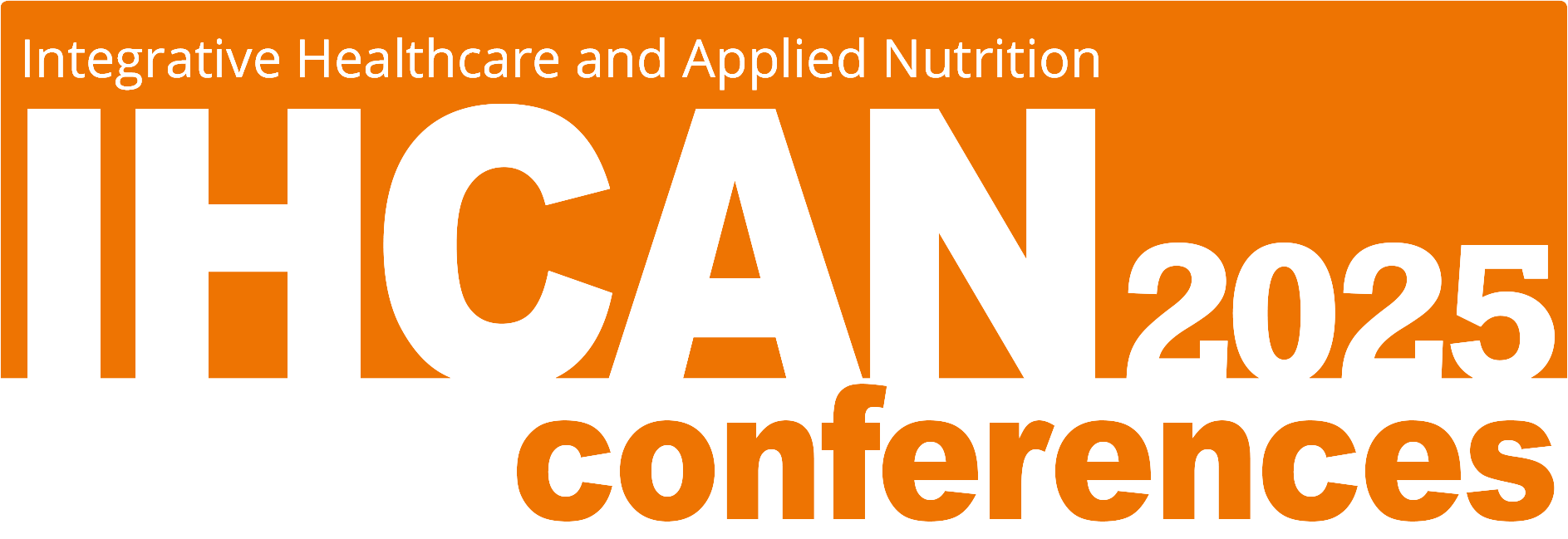'Butyrate’s impact on the microbiome and neuro function'
sponsored by BodyBio
26 October 2021
The IHCAN Conferences Webinars are provided for professional education and debate and is not intended to be used by non-medically qualified individuals as a substitute for, or basis of, medical treatment. We take your privacy seriously, by registering for any of our webinars you accept our privacy policy.
To download a PDF of the presentation, click here.
Questions and Answers
Please note, this is a transcript of the questions received and have been reproduced verbatim in relation to any grammatical errors.
Can you talk about how long supplementation should continue for example with candida or for other indications?
I cannot advise on the duration of time that one would need to supplement with sodium butyrate to support yeast overgrowth due to this being highly variable from individual to individual. Dietary changes will play a crucial role in the treatment of yeast overgrowth. I would recommend dietary changes along with the addition of sodium butyrate as a long-term treatment protocol. Sodium butyrate strongly inhibits yeast overgrowth and significantly reduces yeast biofilm formation. Sodium butyrate also enhances antifungal activity. The killing activity of macrophages is also significantly increased in the presence of sodium butyrate.
What would your protocol be for Methane dominant SIBO for a post-menopausal woman?
The two dietary options that I recommend for methane dominant SIBO are the SCD diet and the paleo, autoimmune low histamine/low fodmap diet. In terms of herbal treatment, I recommend using the Biocidin/Microbiome Lab treatment protocol for methane dominant SIBO. Following treatment, I recommend introducing butyrate. I have listed the SIBO protocol below.
SIBO Protocol
– Titrate up to 2 Microbiome Labs HU58 + 2-4 MegaIgG2000 for 2 month
– Biocidin Liquid
– G.I. Detox +
– Olivirex
– Add MegaGuard if patient has motility issues
Bonus Supplement
-Biotonic
What factors should be considered to decide whether to use Sodium Butyrate or Butyrate with calcium and magnesium? Is the second more appropriate for peri menopausal women?
The difference between the sodium butyrate and the cal/mag butyrate is the mineral salts that the butyric acid is attached to. I personally usually recommend the sodium to my clients because so many clients that I work with have Pots and dysautonomia. The additional sodium intake is very helpful for them. That being said, it doesn’t really matter which option you choose. Calcium/magnesium butyrate is also a great option for people who are low in these minerals.
What contraindications need to be considered when working with Butyrate?
Side effects from taking supplemental butyrate are very rare. In clinical conditions, it is practically impossible to overdose butyrate in a patient. Of course, just because butyrate is synthesized by your body does not necessarily mean that a supplement will be free of any side effects. However, the way it works in the body suggests that the risk of side effects is minimal. Under normal conditions, the cells of the colon rapidly absorb short chain fatty acids when they are synthesized by the bacteria or introduced with food. In total, about 95% of short chain fatty acids are quickly taken up by these cells, and any excess that the body doesn’t need is harmlessly excreted in feces.
Why don’t you recommend Kombucha? Histamine?
There are a few issues I have with Kombucha. First, kombucha is high in sugar and I never recommend drinking sugar. Drinking fructose has been shown to cause blood sugar dysregulation and is contraindicated when striving to balance blood sugar levels. Secondly, kombucha is high in histamine which is contraindicated for anyone suffering with histamine intolerance or mast cell activation syndrome. Ingesting foods that are high in histamine exacerbate these inflammatory conditions. Third, is that kombucha contains mold, and this is my biggest concern. The mold in which the fungus grows often contains aspergillus, a fungus that is extremely harmful for human health. Furthermore, the process of fermentation may encourage the growth of other organisms which can produce health complications.
